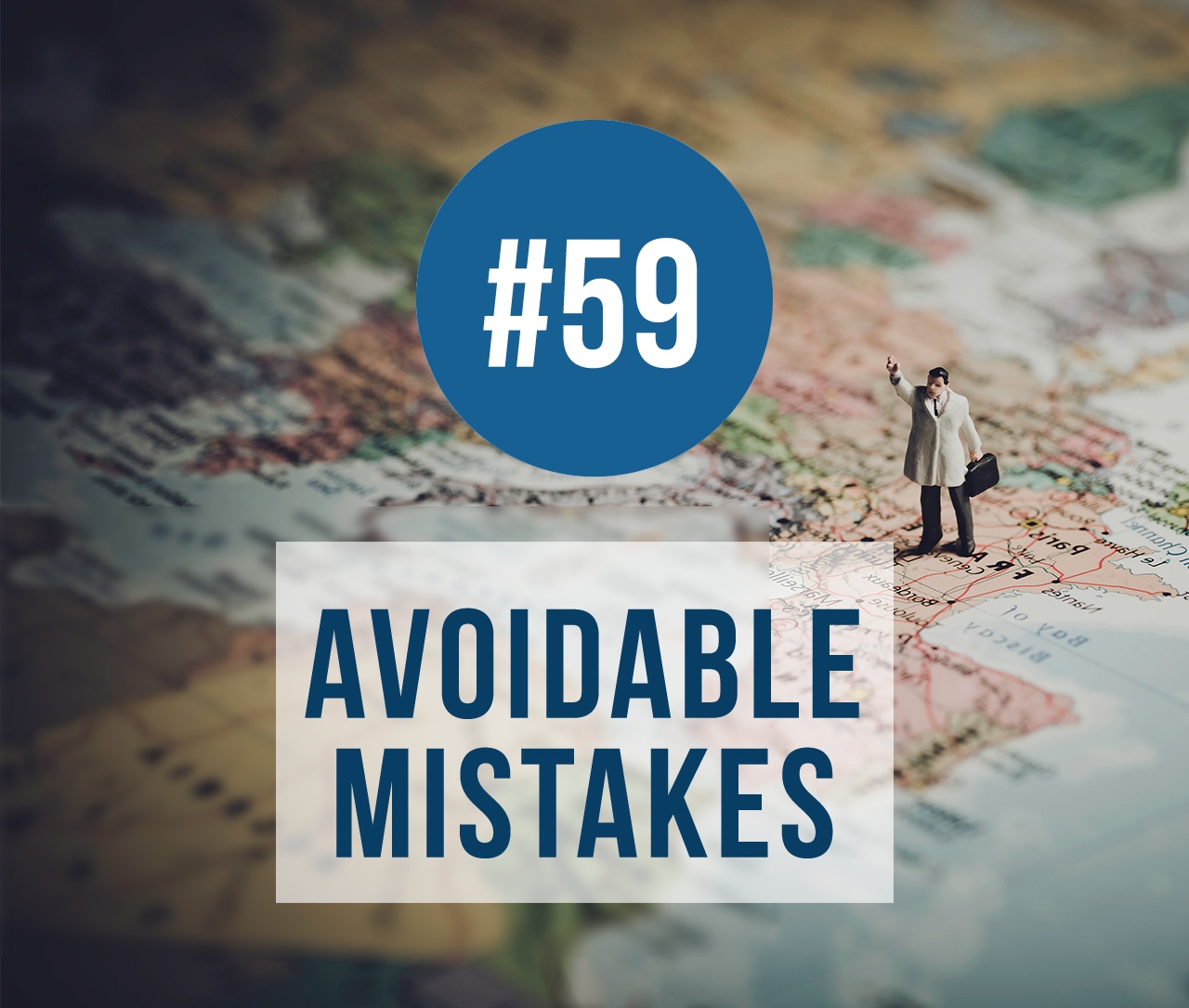Uncovering Common Law Trademark Rights: Do You Qualify?
Common law trademarks are trademarks that are used in trade but are not registered. As long as your mark meets the distinctiveness requirement and...
3 min read
 Chris Daming, J.D., LL.M.
:
Aug. 2, 2024
Chris Daming, J.D., LL.M.
:
Aug. 2, 2024
If you or another founder created any intellectual property prior to forming your company, you have to assign that IP to the company after it's formed. Otherwise, whoever created the IP prior to formation is the owner of that IP, not the company. And it makes sense because imagine that you and a fellow co-founder worked on 5 different concepts for 5 different startups prior to forming any company. The new company shouldn’t just automatically own anything you’ve ever thought of and created--you need a contract for that to happen.


Legal GPS Pro
Protect your business with our complete legal subscription service, designed by top startup attorneys.
If you or anyone else created intellectual property (trade secret; trademark; copyright; patent) prior to forming your company, then it applies to you. This means that any innovative ideas, branding elements, original content, or inventions that were developed before the company's formation belong to the individual creator, not the company itself.
Similarly, even after the company has been established, it is crucial to have a clear assignment or licensing agreement in place to ensure that any new intellectual property created by founders or team members is owned by the company. This not only protects the company's assets but also establishes a legal framework for ownership and usage rights.
Without proper documentation and assignment of intellectual property, there is a risk of disputes, loss of control, and potential legal issues down the line. By proactively addressing ownership and rights to intellectual property, founders can safeguard their business and prevent any complications that may arise in the future.
Prevent Copycats With Patents, Trademarks, and Copyrights
Because this mistake could cost you the entire value of your business. For many modern companies, their only asset is the IP. If your co-founder created your product prior to forming your business and the business started millions of dollars, without an IP assignment that co-founder could leave your company anytime and start his own business with that IP.
Or let’s say that you’re looking for an investor. And prior to investing, you find out in due diligence that your co-founders never assigned their IP to the company. This could be a disaster because suddenly whichever of the co-founders created that IP can have a lot more leverage and try to get more ownership or better rights within the company.


Legal GPS Pro
Protect your business with our complete legal subscription service, designed by top startup attorneys.
Require everyone in your company to assign or license the IP related to the company so that the company owns it. Check out our other blogs to know more about failure to ensure you own IP in general, failure to ensure you own copyrights specifically, or failure to have a contract over graphic designs or copy.
|
Example Will and Chet formed Salesly, LLC last month. In the year prior to forming, Chet had developed all of the code for Salesly’s app while Will handled operations and marketing. A year later, right when Salesly was starting to take off, Will found out that Chet started a competing company. Chet sent Will a cease-and-desist letter telling him he could no longer can use the code Chet created created. Chet can do this because Salesly never transferred the ownership of the IP Chet created prior to Salesly’s formation. Which means that Chet owned the IP, not Salesly. Will could’ve solved this by having an IP assignment contract. |
The same example is true if Salesly had hired a contractor to write code or do graphic design graphic work for them without a written contract. They would’ve needed a written contract to have both a work-made-for-hire clause and assignment provision--otherwise, the contractor owns the rights to that IP.
The biggest question now is, "Do I need a business lawyer?” For most businesses and in most cases, you don't need a lawyer to start your business. Instead, many business owners rely on Legal GPS Pro to help with legal issues.
Legal GPS Pro is your All-In-One Legal Toolkit for Businesses. Developed by top startup attorneys, Pro gives you access to 100+ expertly crafted templates including operating agreements, NDAs, and service agreements, and an interactive platform. All designed to protect your company and set it up for lasting success.

Legal GPS Pro
Protect your business with our complete legal subscription service, designed by top startup attorneys.

100+ legal templates, guides, and expert advice to protect your business.
Trusted by 1000+ businesses

Common law trademarks are trademarks that are used in trade but are not registered. As long as your mark meets the distinctiveness requirement and...

You may file a provisional patent when your invention is almost complete or if you’re ready but haven’t quite perfected your patent application....

In the ever-evolving world of business, strategic partnerships and collaborations have become common as companies leverage collective strengths to...